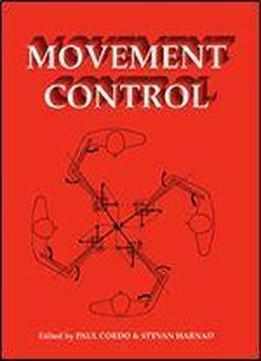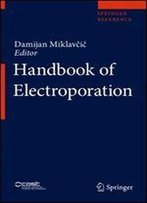
Movement Control
by Paul Cordo /
1994 / English / PDF
21.8 MB Download
Movement is arguably the most fundamental and important function of the nervous system, since the organism cannot exist without it. Purposive movement requires the coordination of actions within many areas of the cerebral cortex, cerebellum, basal ganglia, spinal cord, and peripheral nerves and sensory receptors, which together must control a highly complex biomechanical apparatus made up of the skeleton and muscles. Beginning at the level of biomechanics and spinal reflexes and proceeding upward to brain structures in the cerebellum, brainstem, and cerebral cortex, the chapters in this volume of a special issue of Behavioral and Brain Sciences devoted to this topic highlight important issues in movement control. Commentaries provide a balanced treatment of the articles by experts in a variety of areas related to movement, including behavior, physiology, robotics, and mathematics.











